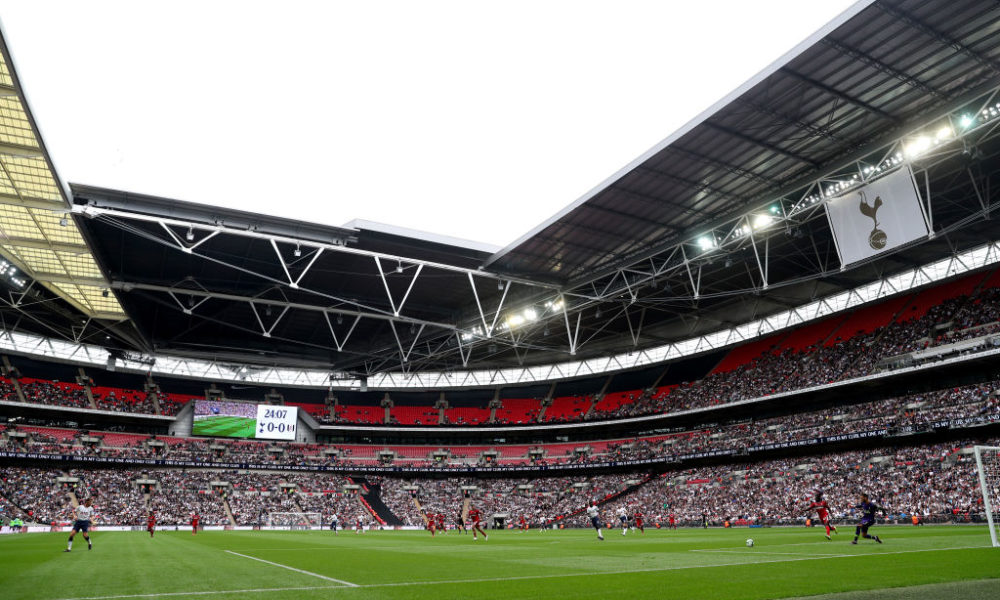“I don’t think the feeling around VAR has ever been lower,” said James Carragher, speaking after this weekend’s controversial match.
Not for the first time, VAR has become a focal point of the EPL. After an error led to Liverpool having a goal disallowed in their match against Tottenham, Liverpool lost the game 2-1. The refereeing organization acknowledged the mistake as a significant human oversight. In response, Liverpool has requested the game’s audio from the Professional Game Match Officials Limited (PGMOL).
What transpired?
During a match, Liverpool’s Luis Diaz scored at the 34-minute mark. However, the goal was ruled offside. The VAR system confirmed this decision, even though subsequent images indicated Tottenham’s Cristian Romero kept Diaz onside. Refereeing guidelines allow for reviews on mistaken identities or specific serious incidents once the game has restarted, but not for offside rulings.
Why does it matter?
If Diaz’s goal had been awarded, it would have put Liverpool 1-0 up against Tottenham. If Liverpool went on to win the match, the team would move to the top of the standings, above defending champions Manchester City. Mistakes like this could affect the outcome of the entire season, not to mention Premier League odds and the morale of players and fans alike.
VAR was supposed to prevent errors like this from occurring, leading to fairer gameplay with less human error. In this case, “human error” in the form of miscommunication between the VAR team and the field led to a miscall. Questions about the efficacy of the system are now compounded with already growing criticism about how the technology affects the flow and purity of the game.
Liverpool’s response
On Sunday, Liverpool responded to the controversy by saying they would “explore the range of options available given the clear need for escalation and resolution.” The club has called for transparency and a detailed review of the incident. On Monday, they requested for the audio of the officials’ discussion around the incident to be given to the club, which will reportedly also be available to the public after Liverpool has had a chance to review it.
VAR officials involved
VAR officials involved in the Liverpool game—Darren England, Dan Cook, and Michael Oliver—had officiated a league game in the UAE just two days before the Liverpool-Tottenham match. This has prompted questions regarding the possible impact of fatigue on their decision-making in the Premier League game.
Darren England was stood down for the match between Nottingham Forest and Brentford. On Monday, Cook was also replaced for his match as assistant referee for Fulham vs. Chelsea. This is a common response after an error is made during a game. There is no indication that this will apply to the rest of the season.
Video Assistant Referee
VAR’s primary role is to address “clear and obvious errors.” Its usage focuses on four main game-changing incidents: goals, penalties, direct red cards, and mistaken identity. It was brought into the Premier League at the start of the 2019-2020 season. Since its introduction, VAR has faced various criticisms from players, managers, pundits and fans.
Key concerns about the technology include inconsistency, interruptions to the game’s natural flow, inaccuracies and the potential loss of the human element. Poor communication about VAR decisions (as was evident in this most recent scandal) leaves fans confused, and the emotional impact of delayed decisions often diminishes the immediate celebration of goals, leading to fan and player frustration.
Other VAR Instances
There have been several controversial VAR decisions. For instance, a game between Brentford and Arsenal saw a questionable goal approval. This led to official Lee Mason parting ways with PGMOL. Another match between Wolves and Manchester United had a penalty decision that PGMOL later admitted was erroneous.
What’s Next?
Reforms are being discussed to enhance the VAR system, including possibly broadcasting VAR decisions live. The Premier League’s stance on the recent incident is anticipated soon. Many are pessimistic about the future of the technology, feeling that the sport is now at the mercy of a system that doesn’t work as it should.
While this incident fuels the fire of hatred towards VAR, it also raises questions about the intensity of the pushback and whether the response by teams and fans alike paints a fair picture of the controversial technology. Other sports have been using video referees for years. Rugby and cricket have employed video assistance systems for decades, allowing for live replays and audio broadcasts in venues.


